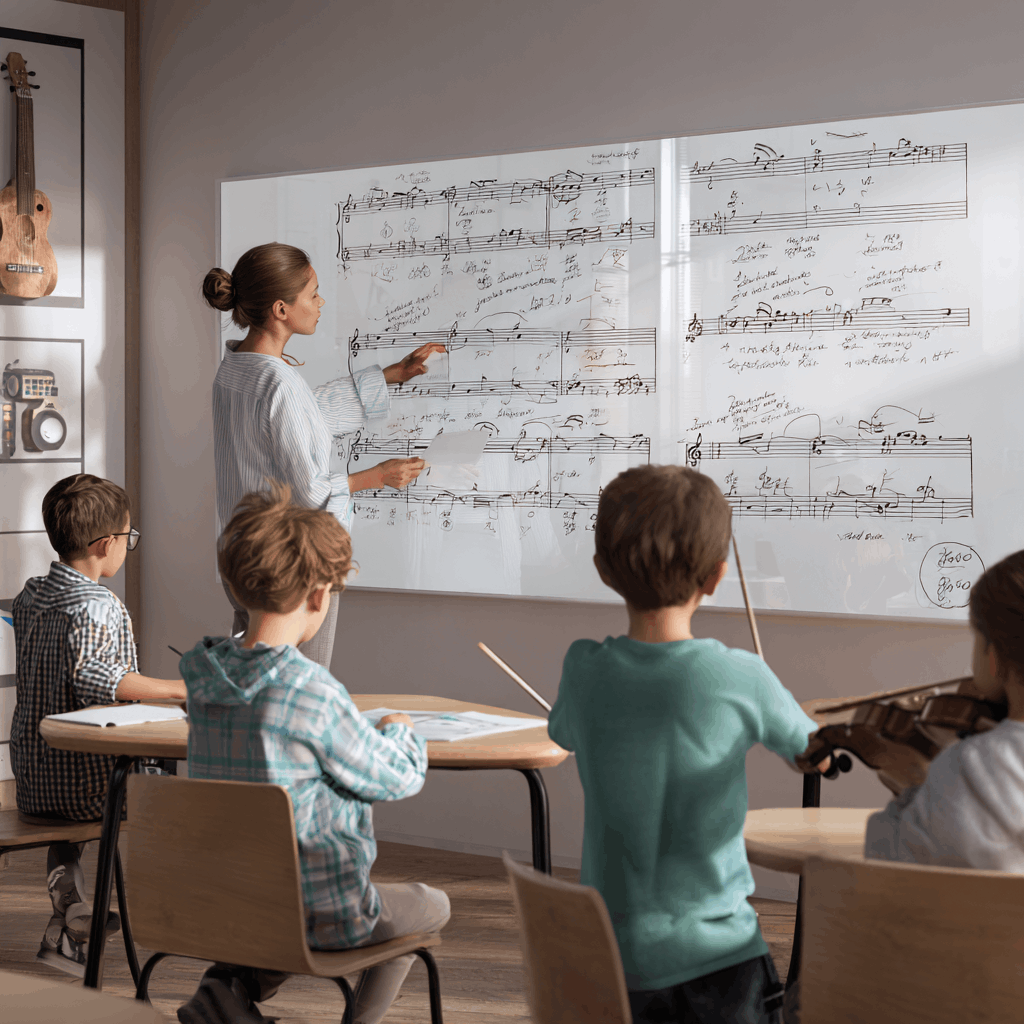There’s something undeniably enchanting about seeing a child lead a full orchestra. Imagine a young boy, barely in middle school, standing before a sea of musicians—his eyes wide, yet unwavering, as his hand lifts and the music blooms. In that moment, time stretches thin, and you realize: this isn’t just a child. It’s a conductor.

In April 2017, London’s Royal Concert Hall felt that magic when 11-year-old Matthew Smith took the stage with the Nottingham Symphony Orchestra. There he conducted Strauss’s Die Fledermaus, entirely from memory—standing confidently alongside adult musicians who bowed to follow his cues. Matthew had been playing violin, piano, viola, guitar, and drums since he could hold an instrument, but conducting? He made it seem like second nature. Facing a 75-piece orchestra at such a young age, he surpassed the previous record held by a 14-year-old Venezuelan conductor.
Even younger, there’s the stunning example of Edward Yudenich from Uzbekistan. At just 8 years old, he conducted Liszt’s “Les Préludes” with precision, memorization, and charisma that belied his youth. The video still circulates among musicians, a testament to the power of innocence amplified by skill.
Then there’s Daniele Rustioni, who wasn’t conducting as a child—but was struck by inspiration at age 10 when he watched maestro Riccardo Muti conducting La Scala’s chorus. Muti encouraged the boy to pursue conducting. That moment set Rustioni’s life in motion. Today, he leads major houses like Lyon Opera and the Metropolitan Opera—yet still credits that one lit spark from childhood.
What ties these young conductors together is not just talent—but the rare blend of confidence, focus, vision, and support. Their success reminds us that music isn’t about size or years—it’s about presence. These children were listened to not because they were young, but because they expressed something worth hearing.
For families and young musicians, these stories offer more than inspiration. They offer permission: to dream big, to lead boldly, and to trust that music doesn’t wait for adulthood to be powerful.